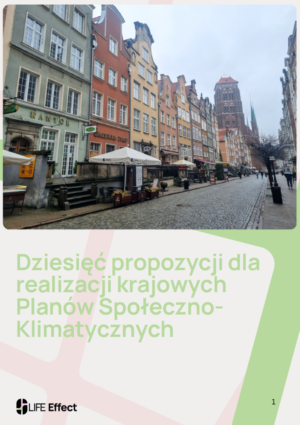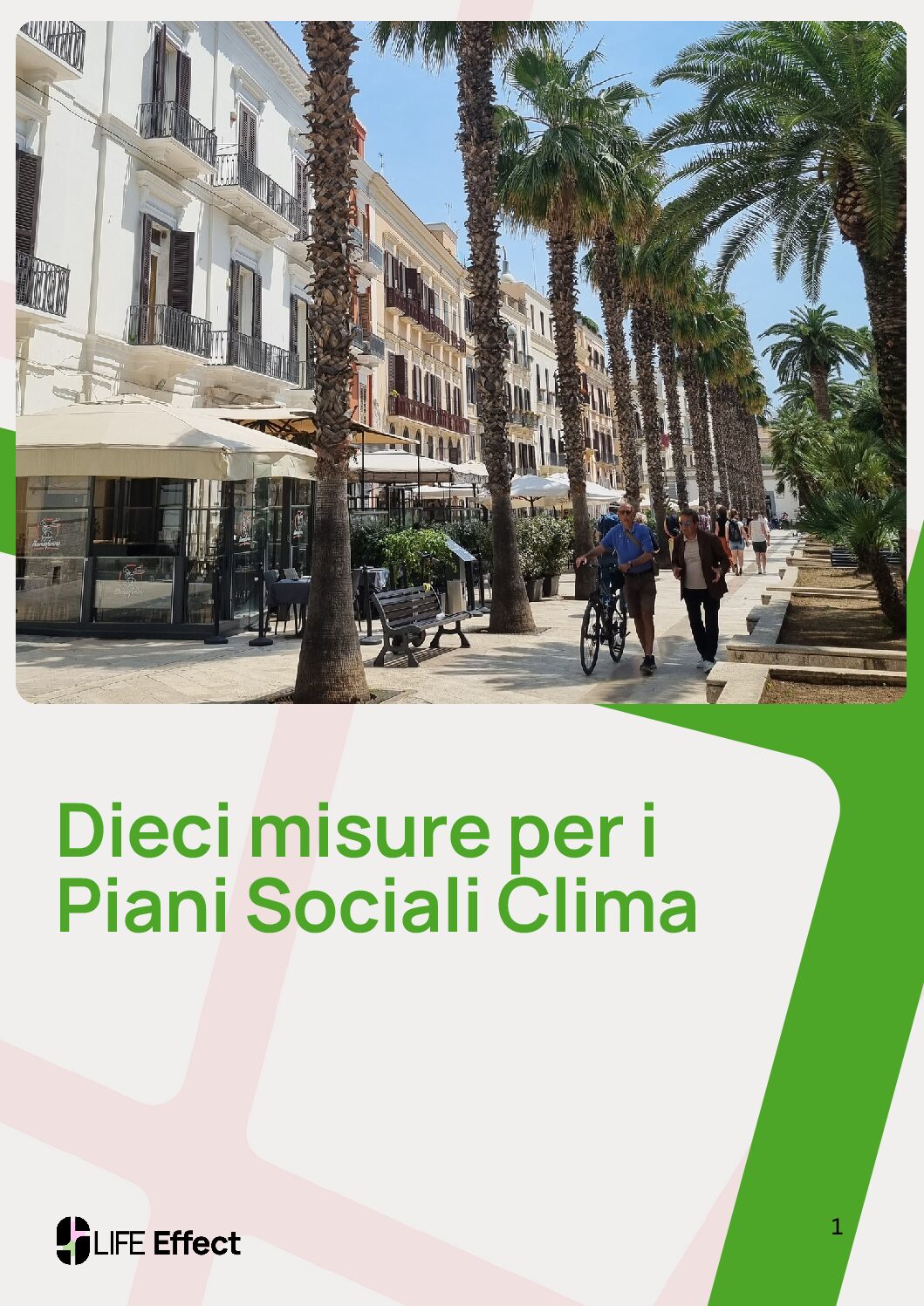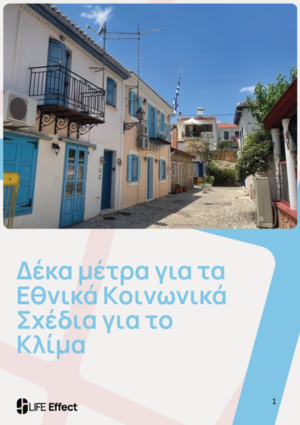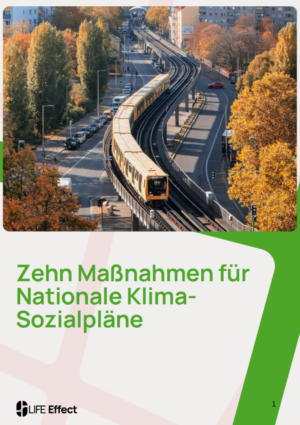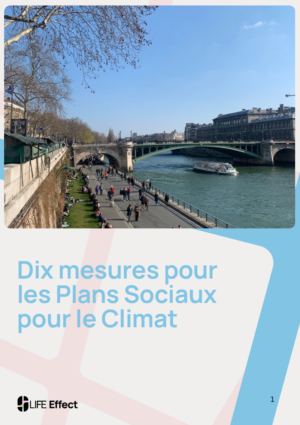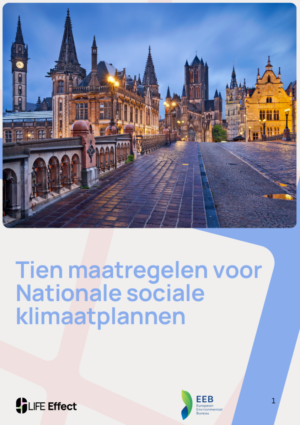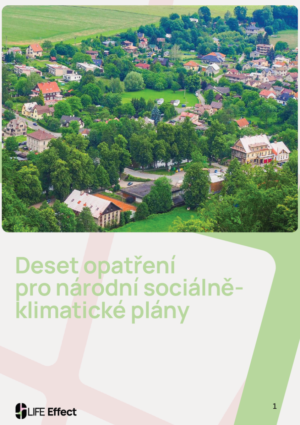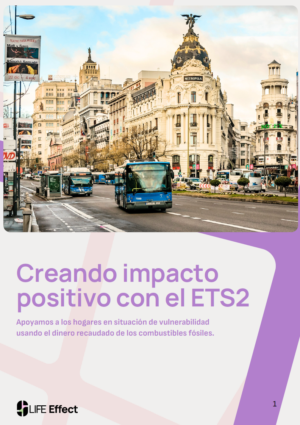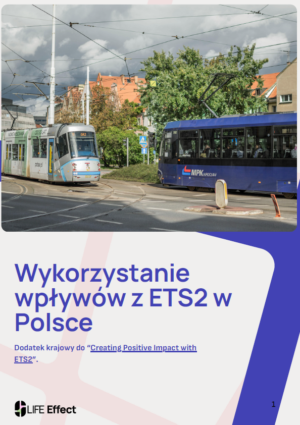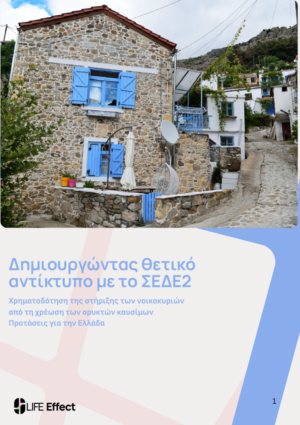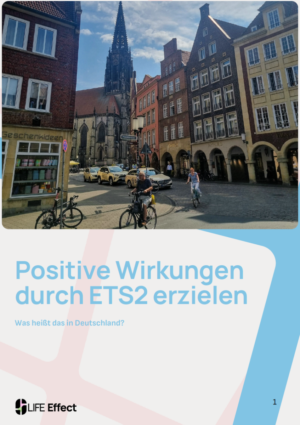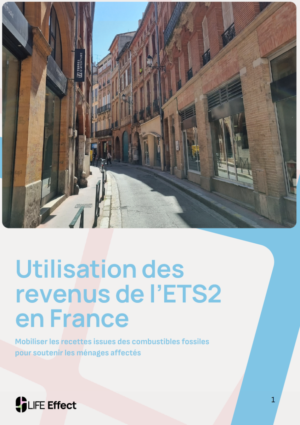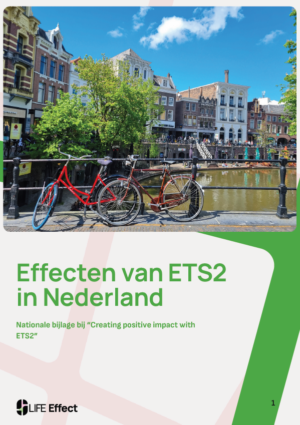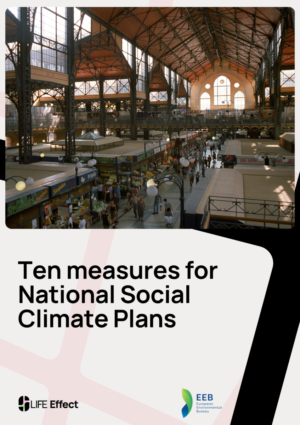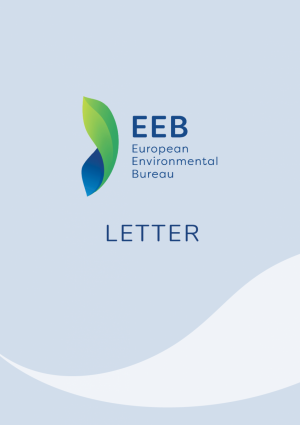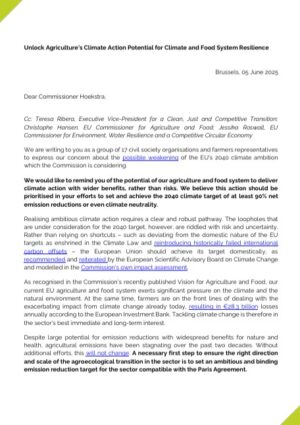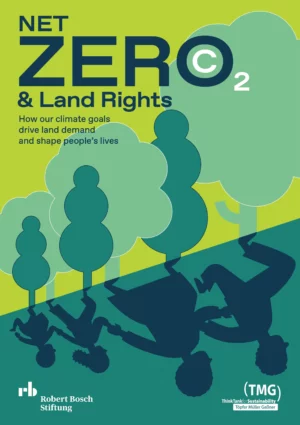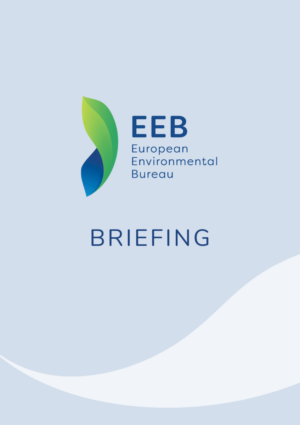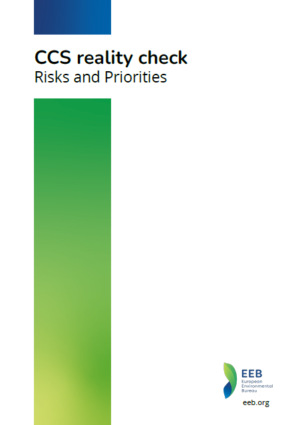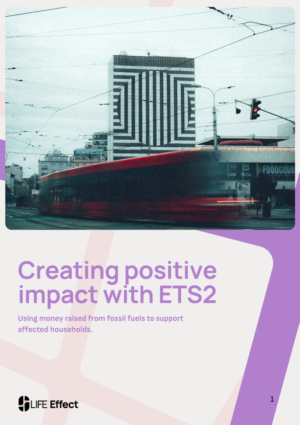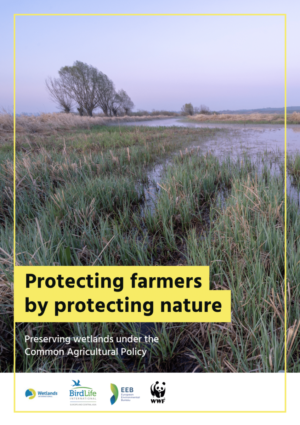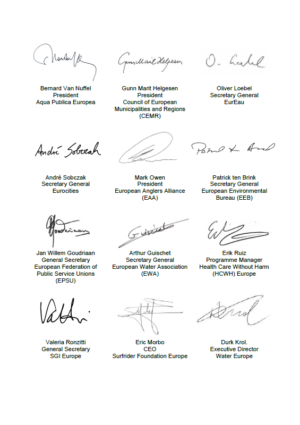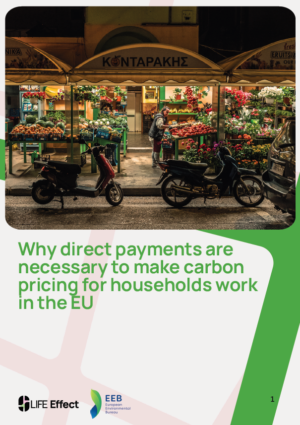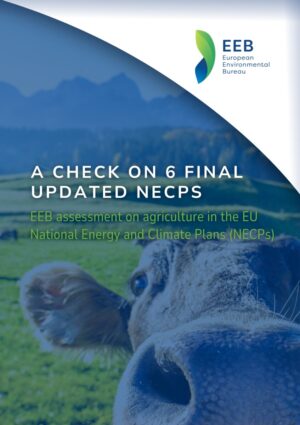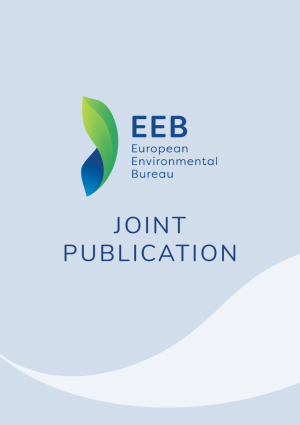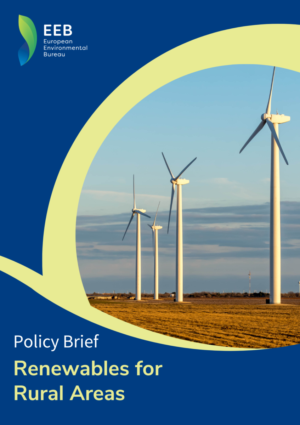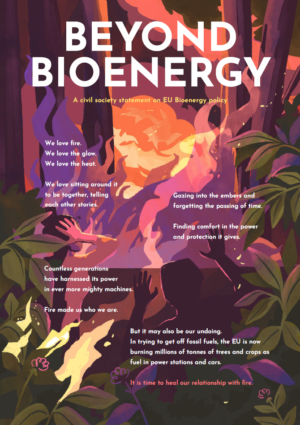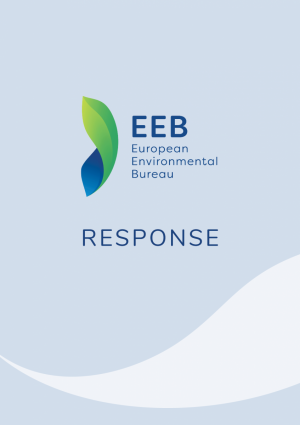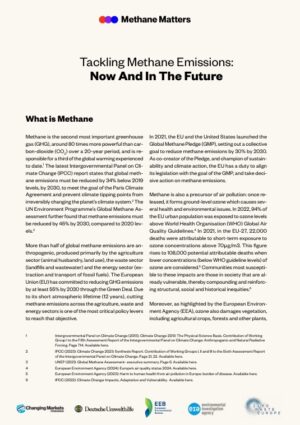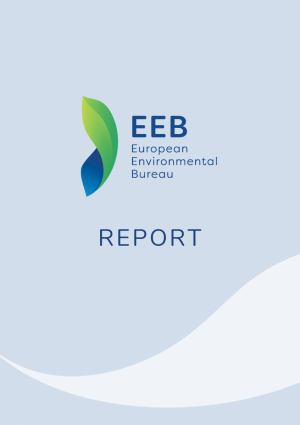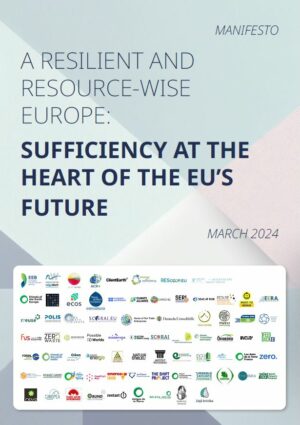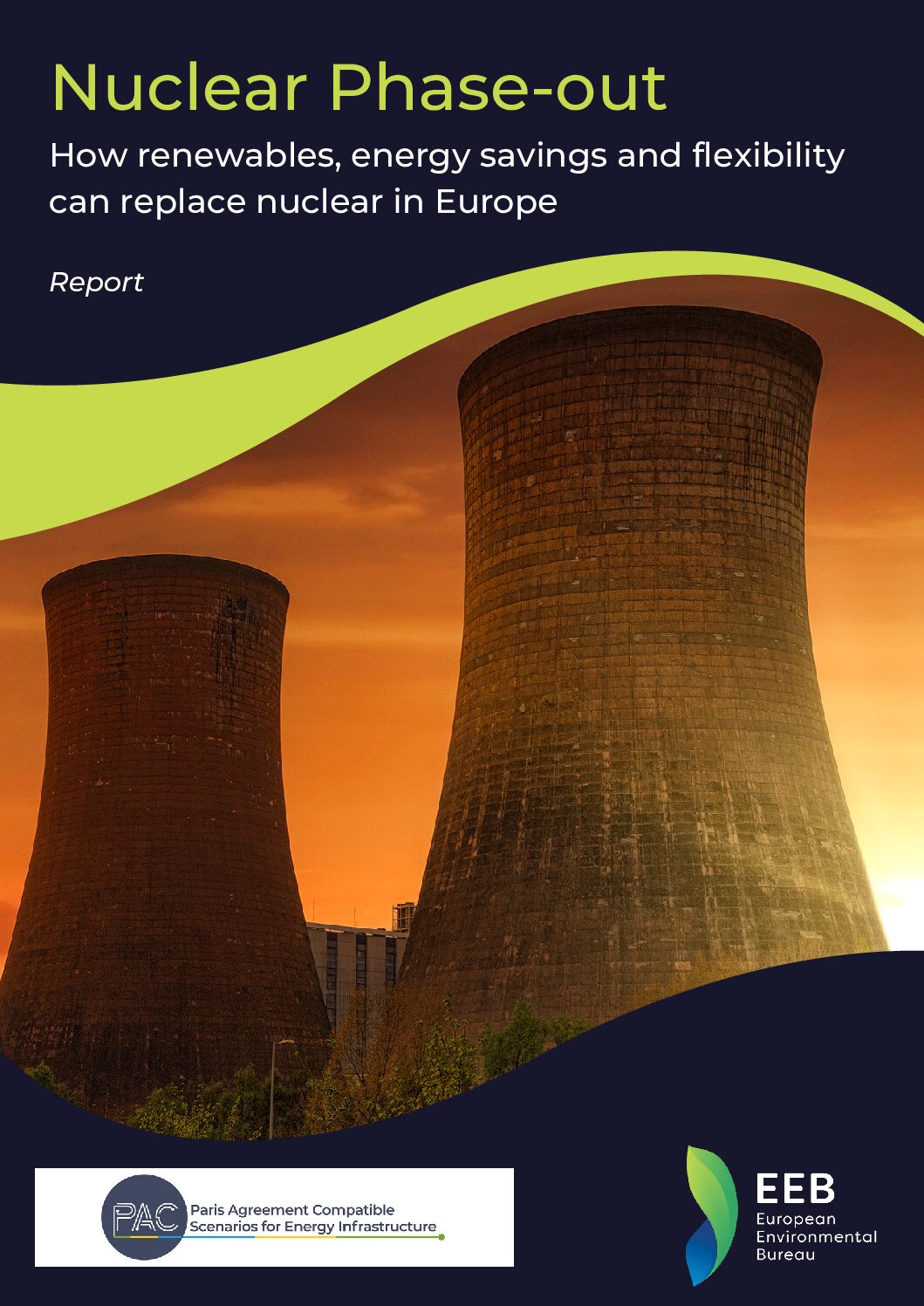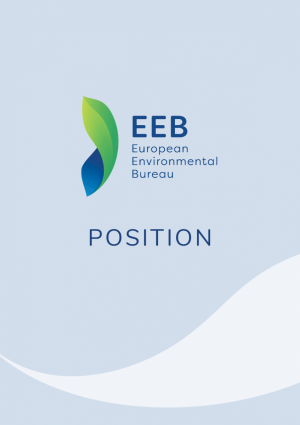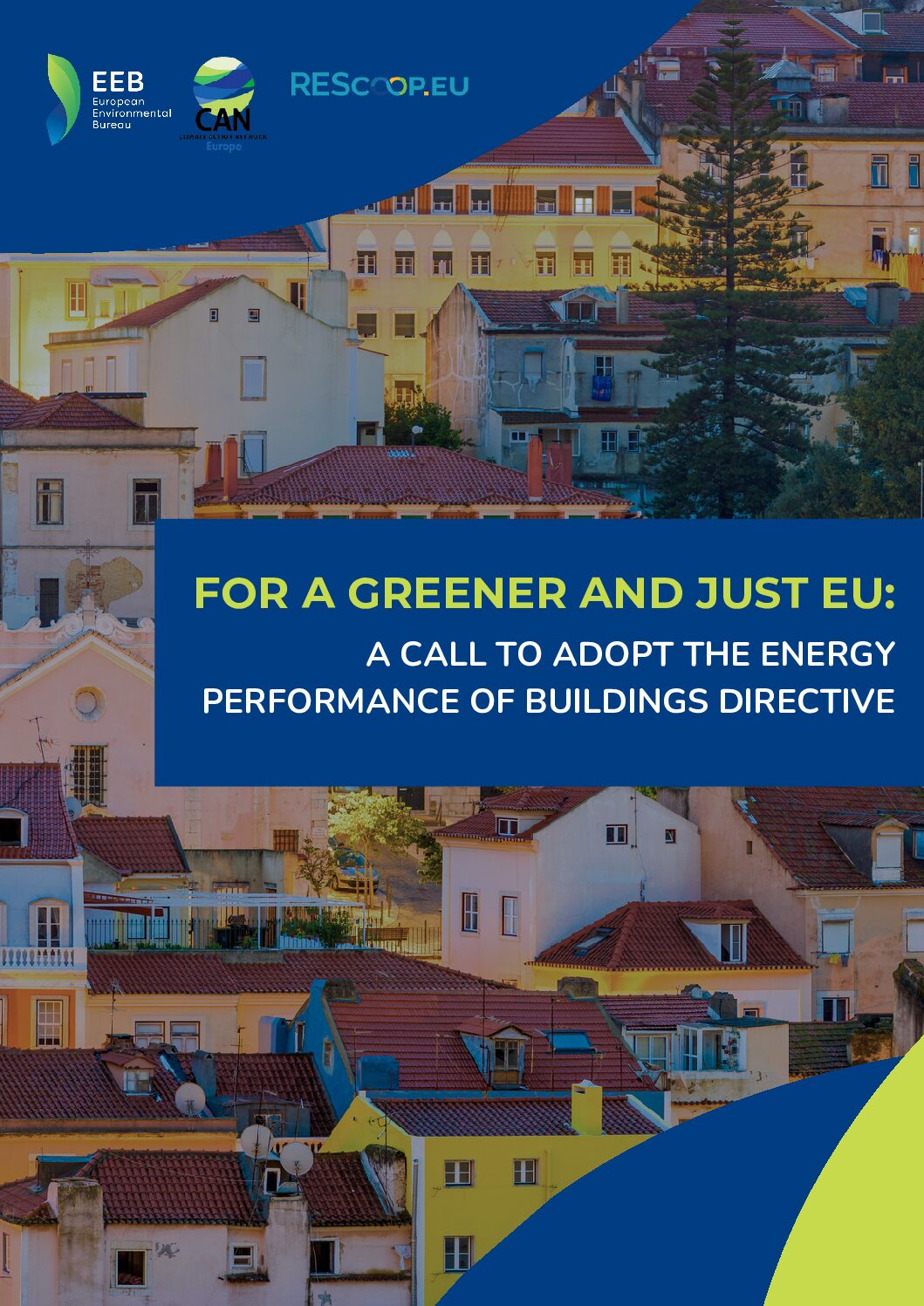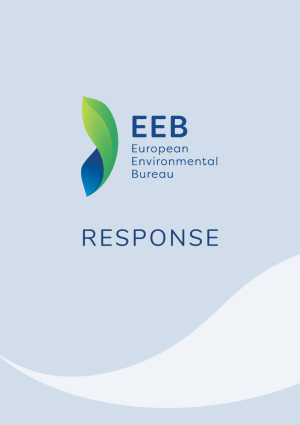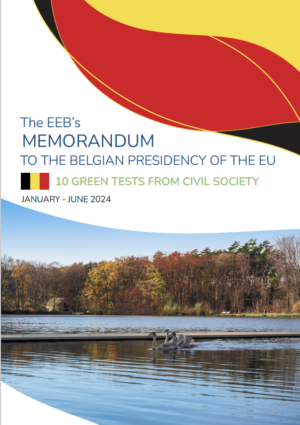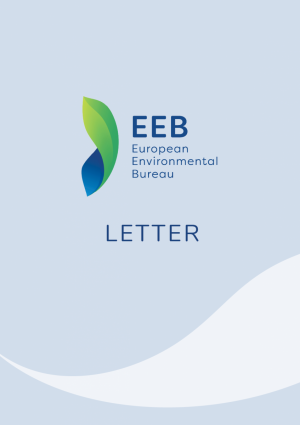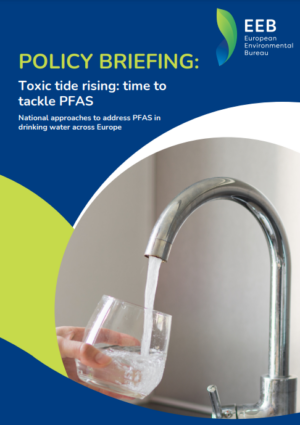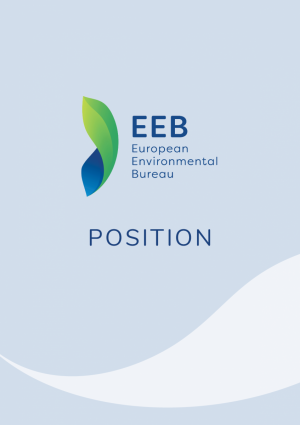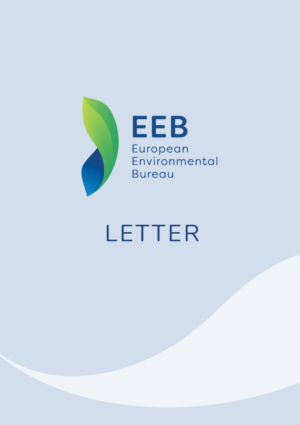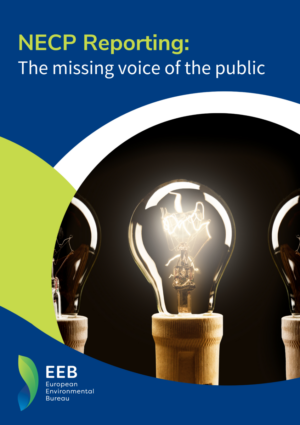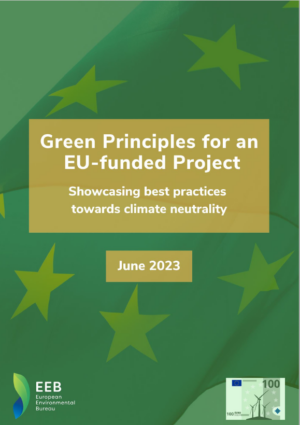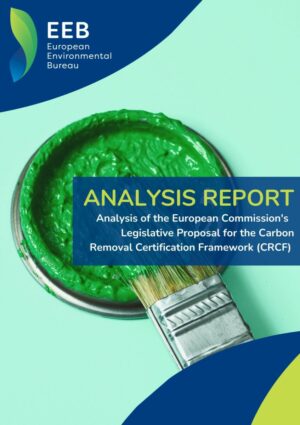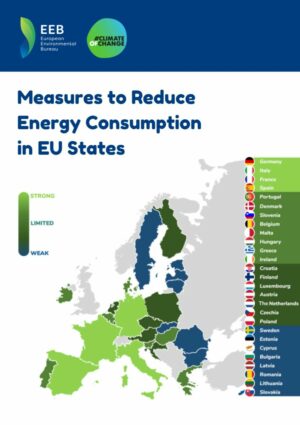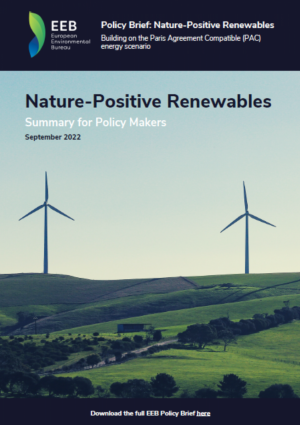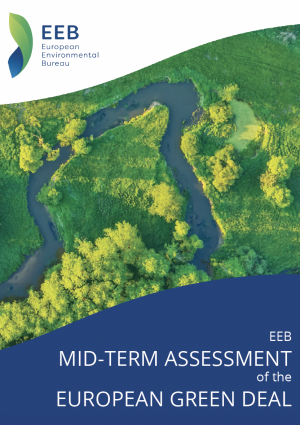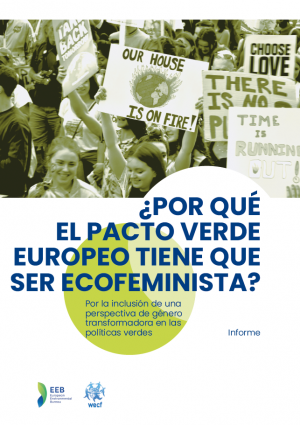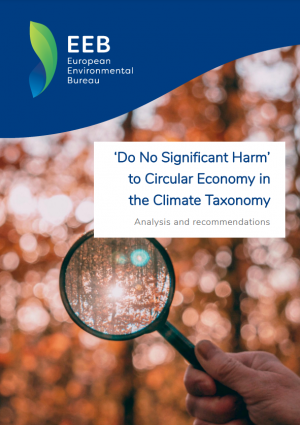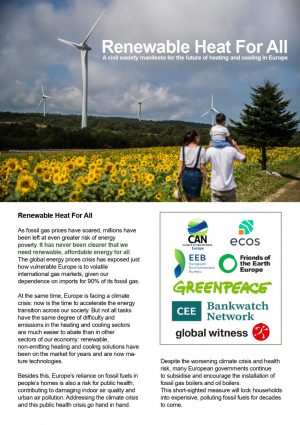False solutions
Russia’s full-scale invasion of Ukraine has put the EU Taxonomy in a completely new context. Following the outbreak of the war in 2022, the European Commission proposed a ‘Complementary’ Climate Delegated Act (CDA) to include fossil gas-fired power and nuclear power in the EU Taxonomy of Sustainable Investments. The European Parliament later confirmed this position, officially classifying these technologies as sustainable investments, thus allowing them to benefit from billions of euros in ‘green’ financing at the expense of energy efficiency and renewables, critically undermining the credibility of the Taxonomy.
There are no legitimate climate, environmental, or economic reasons to grant the green label to fossil gas and nuclear power. Rather, there are multiple science-based arguments to exclude them from the EU green taxonomy and any medium or long-term energy system planning.
We advocate for an exit from nuclear energy – by avoiding investments in new reactors and ensuring that the existing capacity is phased out at the end of its technical lifetime. This is because of nuclear’s intrinsic lack of safety and the heavy burden that nuclear waste management puts on the environment and communities for thousands of years to come. Moreover, any additional investment in nuclear energy hampers the required investments in renewable energy, grids and energy efficiency, which are the key decarbonisation drivers. The inevitably long construction times and high investment costs of any new nuclear power plants make them barriers rather than tools in the fight to rapidly decarbonise our society.
However, as nuclear reactors currently operating in the EU reach the end of their technical lifetimes, the debate on whether to extend their operation inevitably comes to the fore.
Building on the Paris Agreement Compatible (PAC) scenario, we find that nuclear energy can be phased out of the EU energy mix by 2040 alongside fossil fuels. Nuclear’s contribution to Europe’s energy needs is limited and it has been steadily declining since the early 2000s. In addition, nuclear reactors in the EU are significantly ageing and rising maintenance, fuel, and decommissioning costs could incentivise earlier retirements.
EEB is a member of Nuclear Transparency Watch and contributes to its activities.



